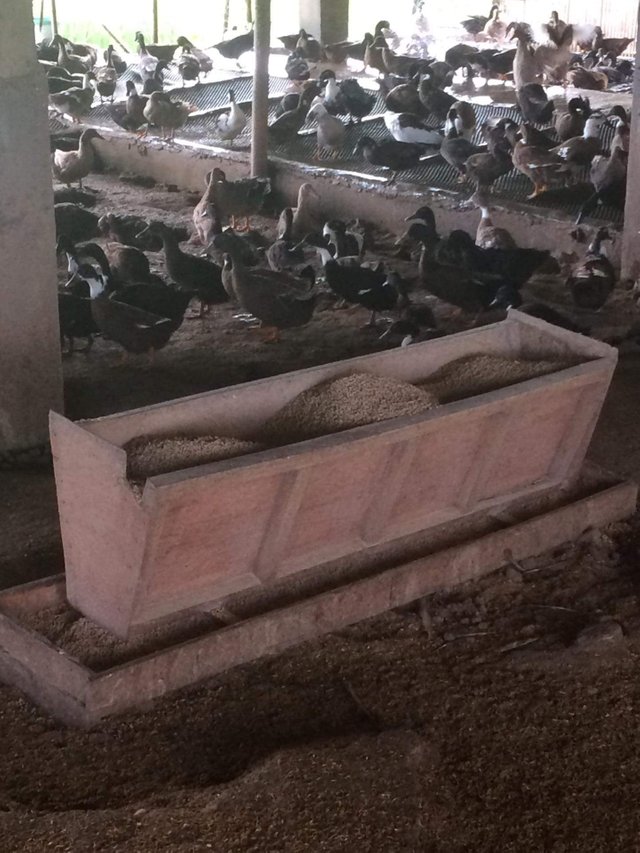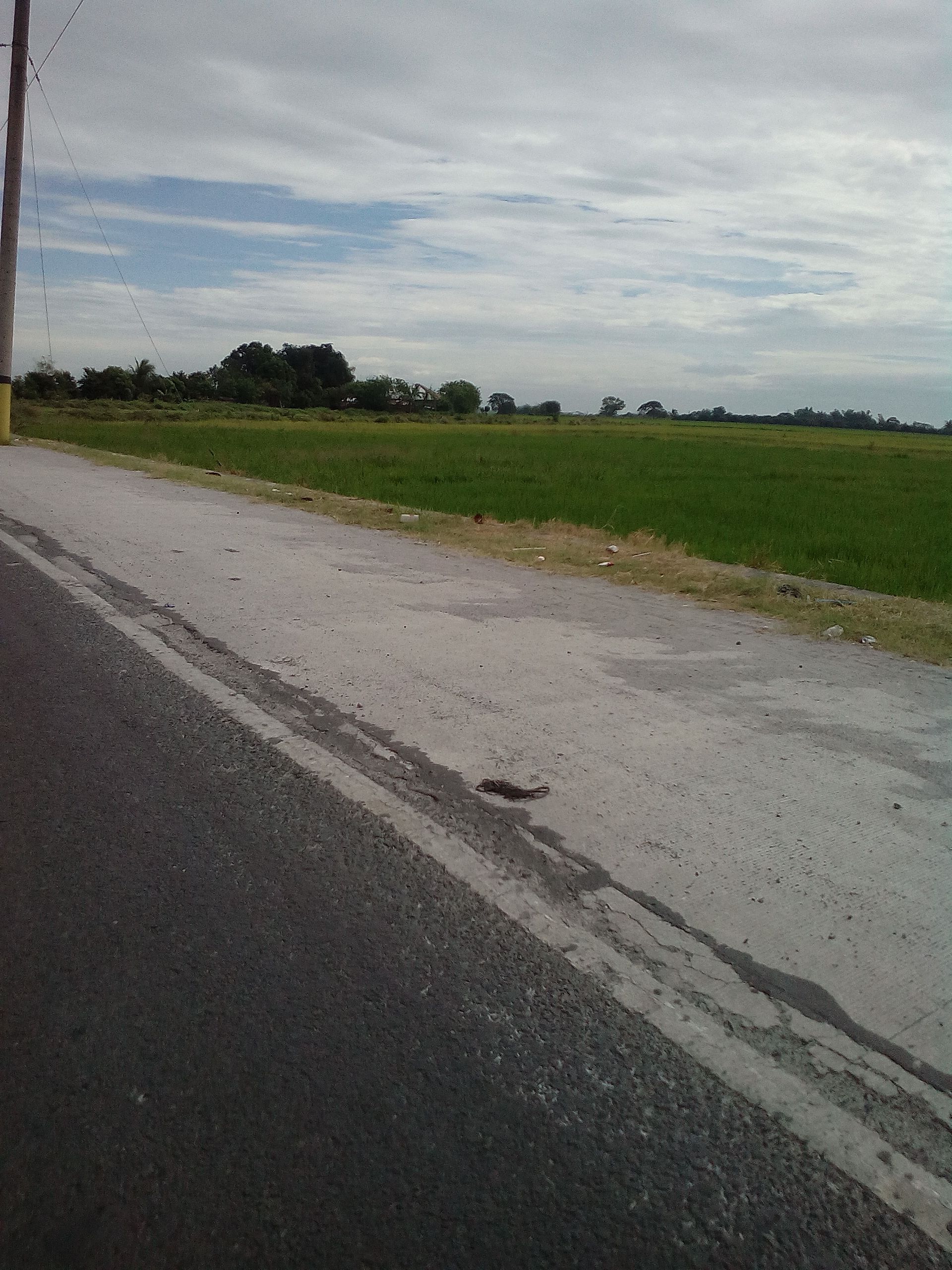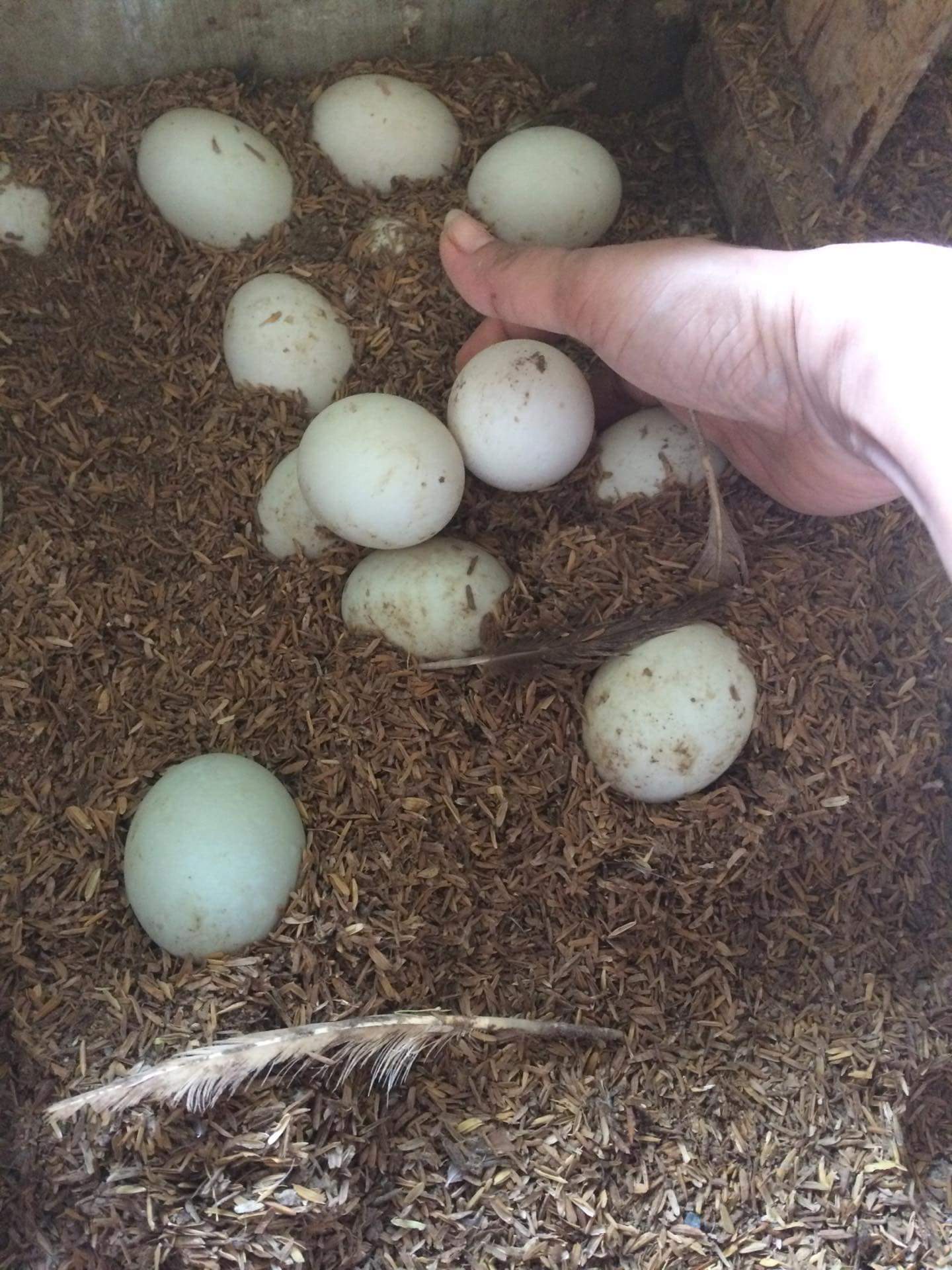
Few days ago we went to Concepcion Tarlac to visit my niece, Bernadette. I can’t remember the last time we had a get together and I was thinking it is about time to catch up. We took a tricycle ride going to her place. A tricycle is what we usually use for our local commute here in the Philippines. Despite the long and tiring travel, I enjoyed most of it because I am seeing lots of greens like the trees, grass and rice fields. It was such a breathe of fresh air so to speak, experiencing this rare trip.

I thought this is just a little family bonding, little did I know that I was in for an interesting surprise.
The itiks ( ducks) are the main highlight for me about this trip. My niece and her in-laws are into duck farming and they are hands on with the daily upkeep of the coop and farm. It was fun simply watching the itiks play and move about inside their coop. It is just so exciting hearing them quack in unison creating a chaotic but melodic noise. I wanted to satisfy my growing curiosity as I quietly watch the itiks and so I asked Bernadette my pangunakan ( niece) a few questions.
I asked her about the feeding habit of the itiks and how they go about it. We are talking in our local dialect, Kapampangan but I provided a rough translation of our conversation.
Bernadette: “Dusuldit mamangan la reng itik pero mangabit lang kanan two times a day. 2 1/2 kaban abak 2 gatpanapun”. (the itiks eat every time they feel like eating but we replenish their feed supply twice a day. two and half kaban in the morning and two in the afternoon.)
I asked her if they also feed the itiks with snails. I think that is what comes to mind when we talk about their food.
Bernadette: “Reng maka poultry alila mamangan susu’ Retang dati keng farm mi reta awsan dang “pagala” pakanan dala susu’ ampo itang pale ken Asikan pag bat la memupul reng mikaasikan mengabalag apin eat da ita” (The itiks inside the coop are not fed with snails. The itiks that we call pagala are the ones fed with snails and grains left out after the harvest)
I did not know that the itiks have a bath routine and that made me quite interested.
Bernadette: “Reng kekami maka poultry Atin Lang swimming pool gawa simentu Banta makapagdilu la.. mas matibe la kanu at masanting reng itik a magdilu”. (The itiks inside the coop have a concrete pond in place for their bathing needs. They say that the itiks that bathe are tougher and better)
Bernadette: “Mababa yamu ita. Mga 2 dangkal yamu ing lalam ning pool.. kayi Atin Lang patiktikan which is Lele ning pool potang kaybat da pool karin la mag standby”. (The depth of the pond is around two feet only. Then they have a little area near the pond where the itiks spend their time to dry.
Bernadette: “the water comes from the paranum Pag gatpanapun na I drain de ita pool,,Pag abak dinan de laman tapos pag Ugtu Palitan de danum..pag hapon drain de ing pool kayi linisan depa. Kasi matakla ya kanta ken lalam uling mag stay la reng itik karin kaybat da mengan Yes everyday ita.” (The water comes from a source called paranum. In the afternoon we drain the pond, then in the morning we fill it with water. Mid afternoon we drain and refill with a fresh supply of water then by afternoon again we drain and clean it. The itiks stay in the pond after they eat, the pond is filled by their droppings so we have to clean it on a daily basis.)
Pag gatpanapun na I drain de ita pool,,Pag abak dinan de laman tapos pag Ugtu Palitan de danum..pag hapon drain de ing pool kayi linisan depa. Kasi matakla ya kanta ken lalam uling mag stay la reng itik karin kaybat da mengan Yes everyday ita.” (The water comes from a source called paranum. In the afternoon we drain the pond, then in the morning we fill it with water. Mid afternoon we drain and refill with a fresh supply of water then by afternoon again we drain and clean it. The itiks stay in the pond after they eat, the pond is filled by their droppings so we have to clean it on a daily basis.)
Bernadette: “Kayi buburan deng apa ing kilub poultry banta milako buburak at malessen ing bawu Sasalwan ing apa. akit mula karin la mamagpag bulbul. Daily ing apa”. ( After that, we will spread a layer of “apa”(rice husk) inside the coop to help dry it out and lessen the stench. We buy apa from a source and use it daily. You can see the itiks preening themselves on the apa-laden area.

Bernadette: “kayi 6am pulutan la reng eggs.everyday la mag egg. dapat morning pickup egg kasi pagdamusakan dala dinat la at mabalbal.. kayi ma reject la kareng buyer.. minsan mamalag lang ebun.. reta memalag areta bukas ela mangebun”. (Then at 6:00 AM we will pick the eggs. The itiks lay eggs everyday. We must do it in the morning before the itiks could trample and cause any cracking on the shells. We will not be able to sell cracked eggs. Sometimes, some itiks will lay eggs out of the blue, these itiks will not lay any egg the following morning.)
I will be writing the rest of the story soon on my next post. I hope you learned something and feel free to write your comments or questions below. I would be glad to answer them all.
Until next time.
Authors get paid when people like you upvote their post.
If you enjoyed what you read here, create your account today and start earning FREE STEEM!
If you enjoyed what you read here, create your account today and start earning FREE STEEM!
This post has received a 2.38 % upvote from @kittybot thanks to: @allyson19.
Downvoting a post can decrease pending rewards and make it less visible. Common reasons:
Submit